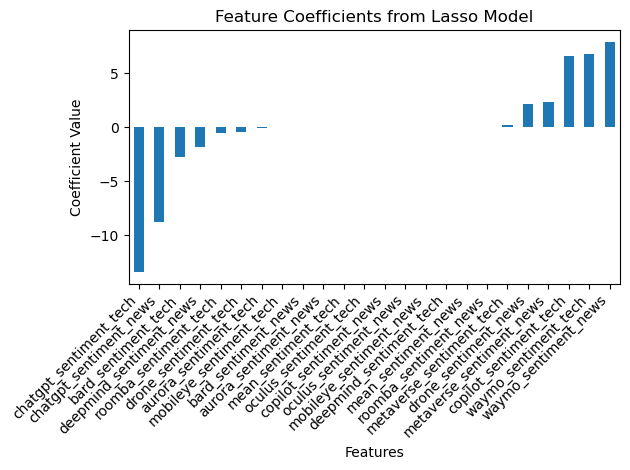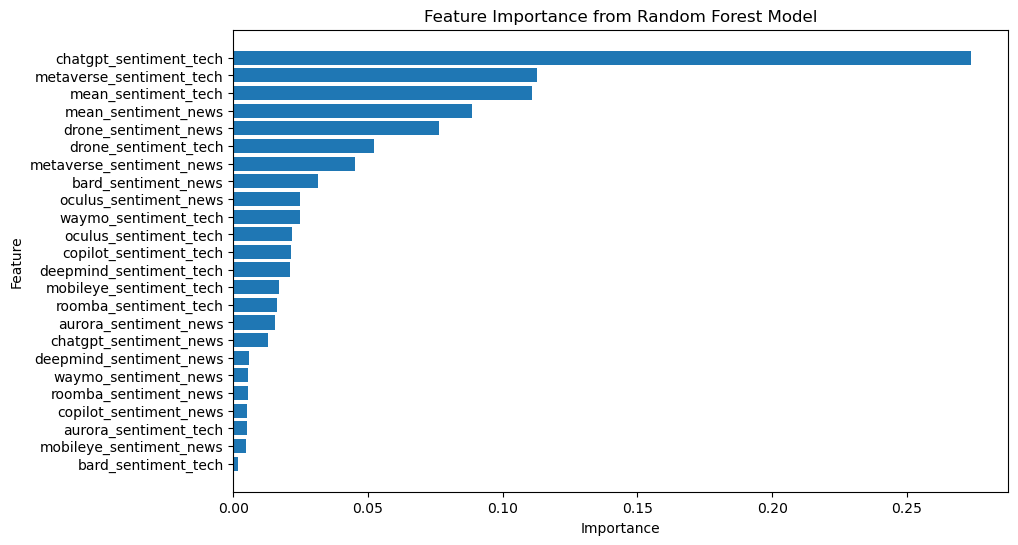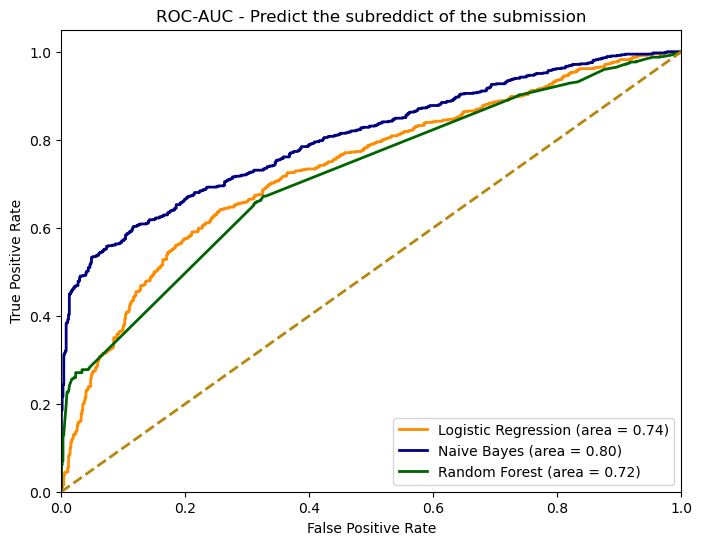# Setup - Run only once per Kernel App
%conda install https://anaconda.org/conda-forge/openjdk/11.0.1/download/linux-64/openjdk-11.0.1-hacce0ff_1021.tar.bz2
# install PySpark
!pip install sagemaker_pyspark
# restart kernel
from IPython.core.display import HTML
HTML("<script>Jupyter.notebook.kernel.restart()</script>")
Downloading and Extracting Packages:
Preparing transaction: done
Verifying transaction: done
Executing transaction: done
Note: you may need to restart the kernel to use updated packages.
Requirement already satisfied: sagemaker_pyspark in /opt/conda/lib/python3.10/site-packages (1.4.5)
Requirement already satisfied: pyspark==3.3.0 in /opt/conda/lib/python3.10/site-packages (from sagemaker_pyspark) (3.3.0)
Requirement already satisfied: numpy in /opt/conda/lib/python3.10/site-packages (from sagemaker_pyspark) (1.26.4)
Requirement already satisfied: py4j==0.10.9.5 in /opt/conda/lib/python3.10/site-packages (from pyspark==3.3.0->sagemaker_pyspark) (0.10.9.5)
WARNING: Running pip as the 'root' user can result in broken permissions and conflicting behaviour with the system package manager. It is recommended to use a virtual environment instead: https://pip.pypa.io/warnings/venv

